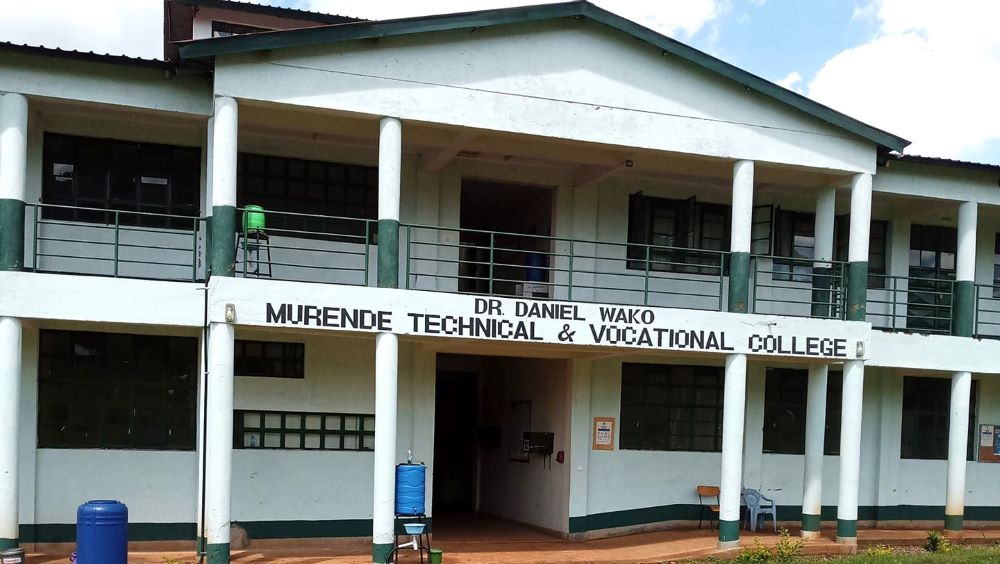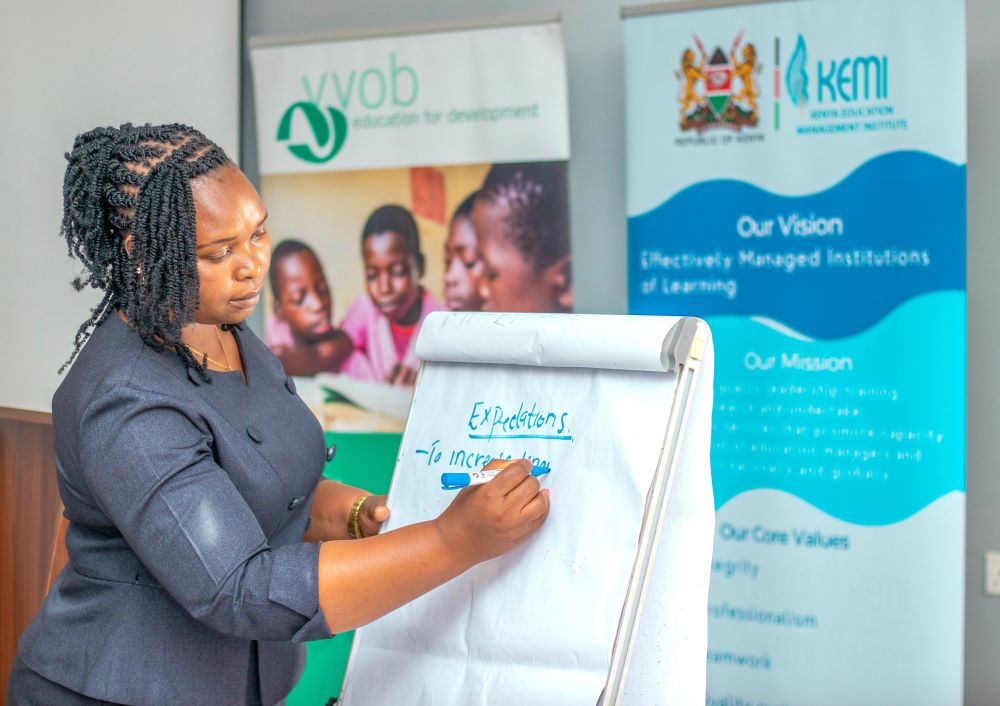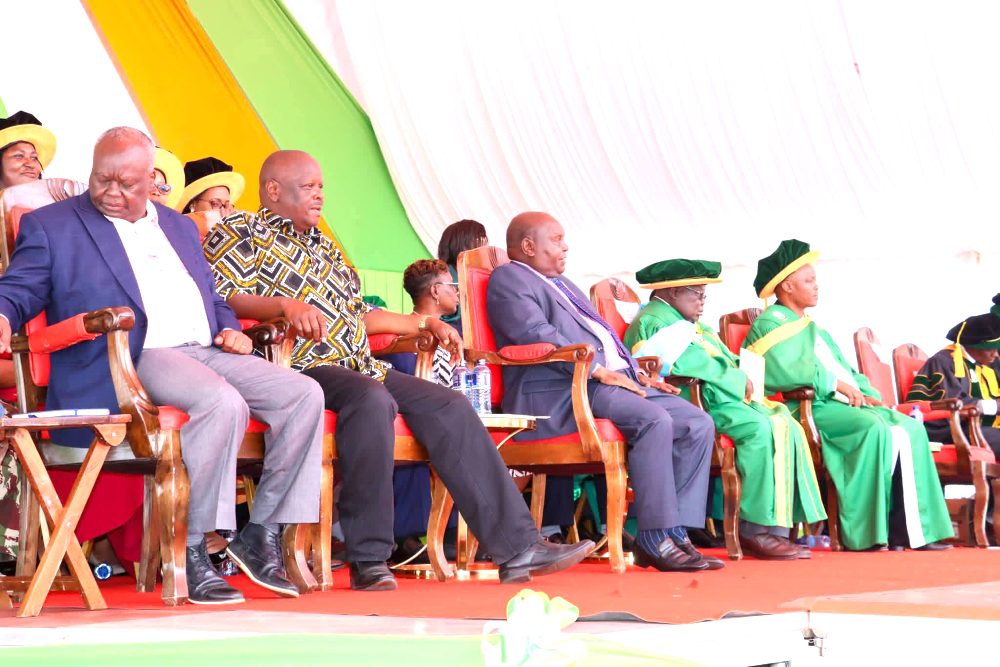The State Department for Basic Education is facing intense scrutiny following revelations of mismanaged school construction projects worth Ksh6.6 billion across 30 counties.
The project, which was intended to upgrade school infrastructure, has been tainted by poor construction standards, delays, and questionable disbursements, raising questions about transparency and accountability.
In her audit for the 2023/2024 fiscal year, Auditor-General Nancy Gathungu exposed major procurement violations and a failure to explain why many projects came to a halt. Alarmingly, officials allowed key performance bonds to lapse, exposing public funds to significant risk.
The government had planned to build 1,506 classrooms, 863 science laboratories, and 1,932 sanitation units. Yet, the audit reveals serious shortcomings in project execution.
According to project documents, 25 contractors were hired on April 26, 2022. Despite this, most sites experienced unauthorised schedule changes, late starts, incomplete buildings, and substandard work.
To oversee payments, a three-member technical committee was set up. However, Gathungu pointed out that the team lacked essential oversight mechanisms. “Neither procurement officers nor school representatives were included in the committee, undermining accountability,” she noted.
Crucial records such as inspection reports and meeting minutes were missing.
READ ALSO:
FIDA demands action as Alliance Girls teacher faces sexual misconduct allegations
“There were no minutes of committee meetings and field inspection reports in support of payments,” read her report. “The committee instead relied on recommendations of consultants to confirm the scope of works done, contrary to the provision of Regulation 139(3) of the Public Procurement and Asset Disposal Regulations, 2020.”
The law requires that payments be made only after valid invoices are submitted in accordance with the contract conditions. In this case, the education department sidestepped those requirements, raising doubt about whether taxpayers got fair value from the massive spend.
Gathungu also revealed that as of June 30, 2024, work had not commenced on multiple structures, including 30 classrooms, 40 laboratories, four water projects, and 471 sanitation facilities, valued at Ksh573.9 million. No justification was provided for the lack of progress.
Worryingly, officials ignored contractual clauses that would have penalised contractors for delays, and did not act on termination provisions for firms that abandoned sites for over 28 days without official clearance.
In a report dated July 16, 2024, Gathungu further raised the alarm on how payments were handled. Her review revealed that, although only 77 percent of the work had been completed, the government had already disbursed Ksh4.8 billion—equivalent to 72% of the total contract value—leaving nearly a quarter of the work unfinished.
Advance payment practices were also questioned. The government issued Ksh658.6 million in advance, but by the time of the audit, only Ksh475 million had been recovered. Notably, five near-complete projects in five counties had yet to recover Ksh18.3 million in advance funds.
“The recovery of advance payments amounting to Ksh119,914,993 stood at Ksh101,588,718, resulting in an under-recovery of Ksh18,326,275,” the report stated.
By Joseph Mambili
You can also follow our social media pages on Twitter: Education News KE and Facebook: Education News Newspaper for timely updates.
>>> Click here to stay up-to-date with trending regional stories
>>> Click here to read more informed opinions on the country’s education landscape
>>> Click here to stay ahead with the latest national news.






